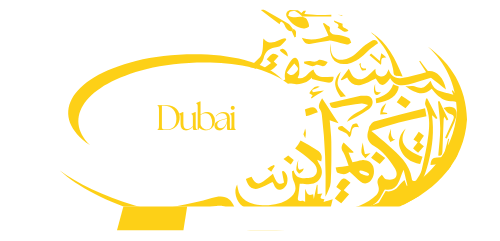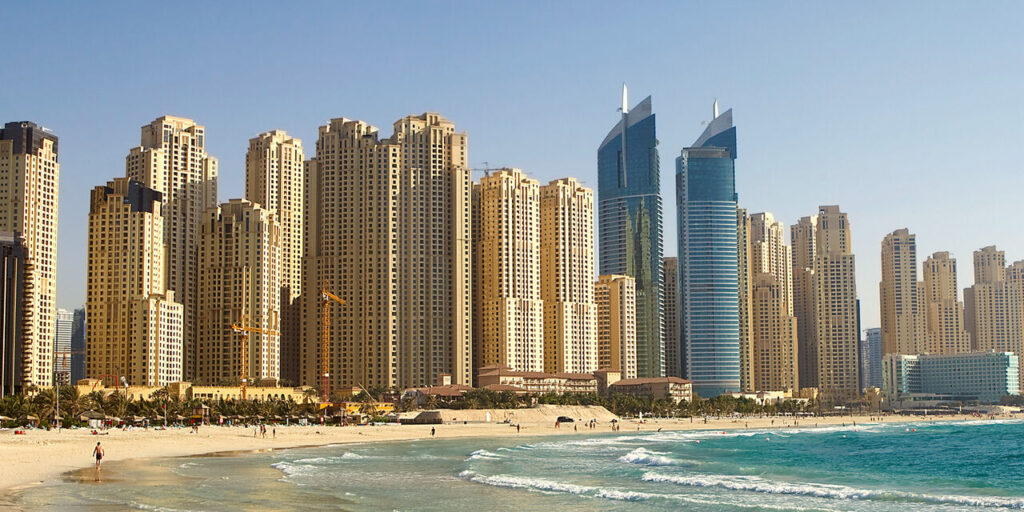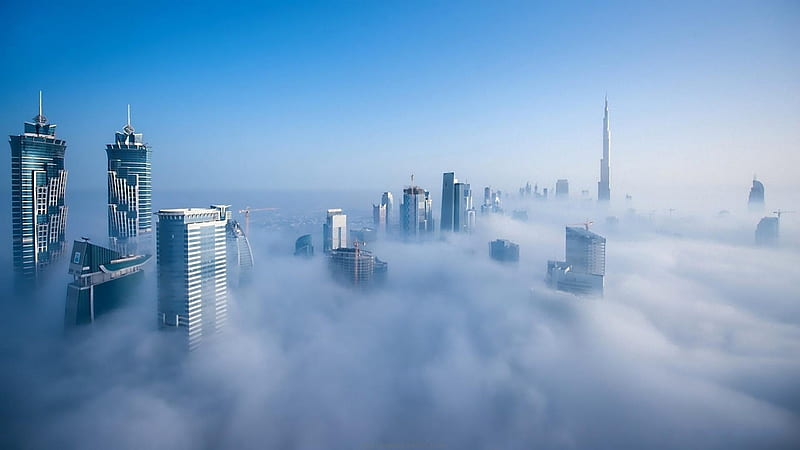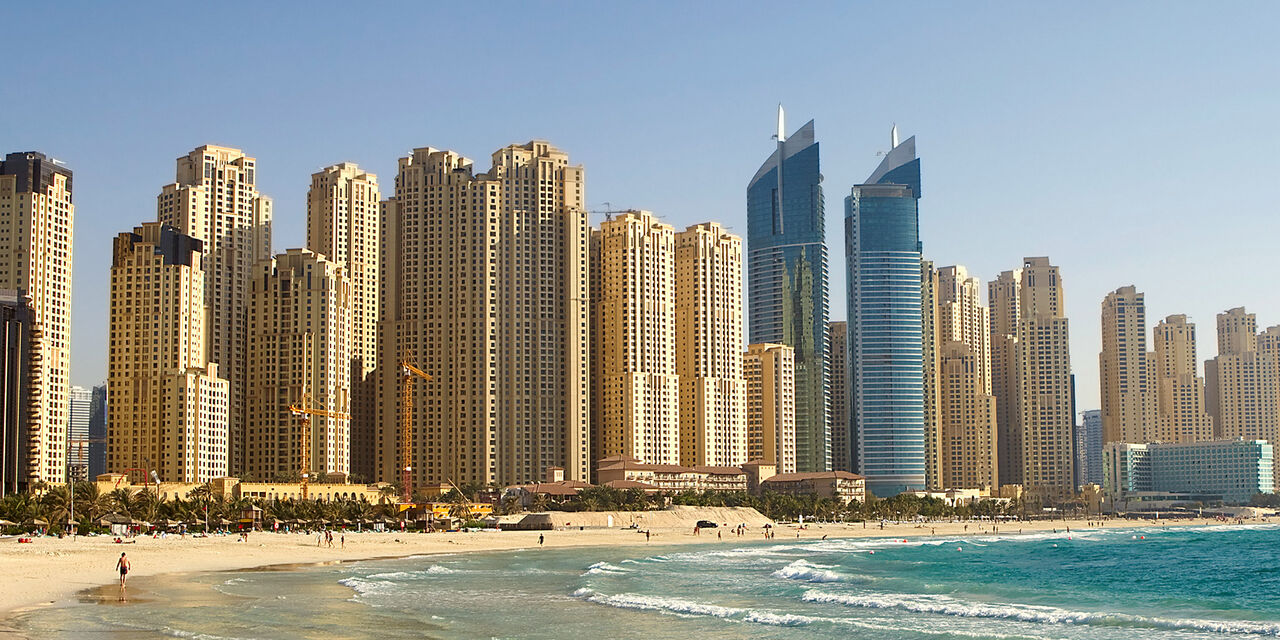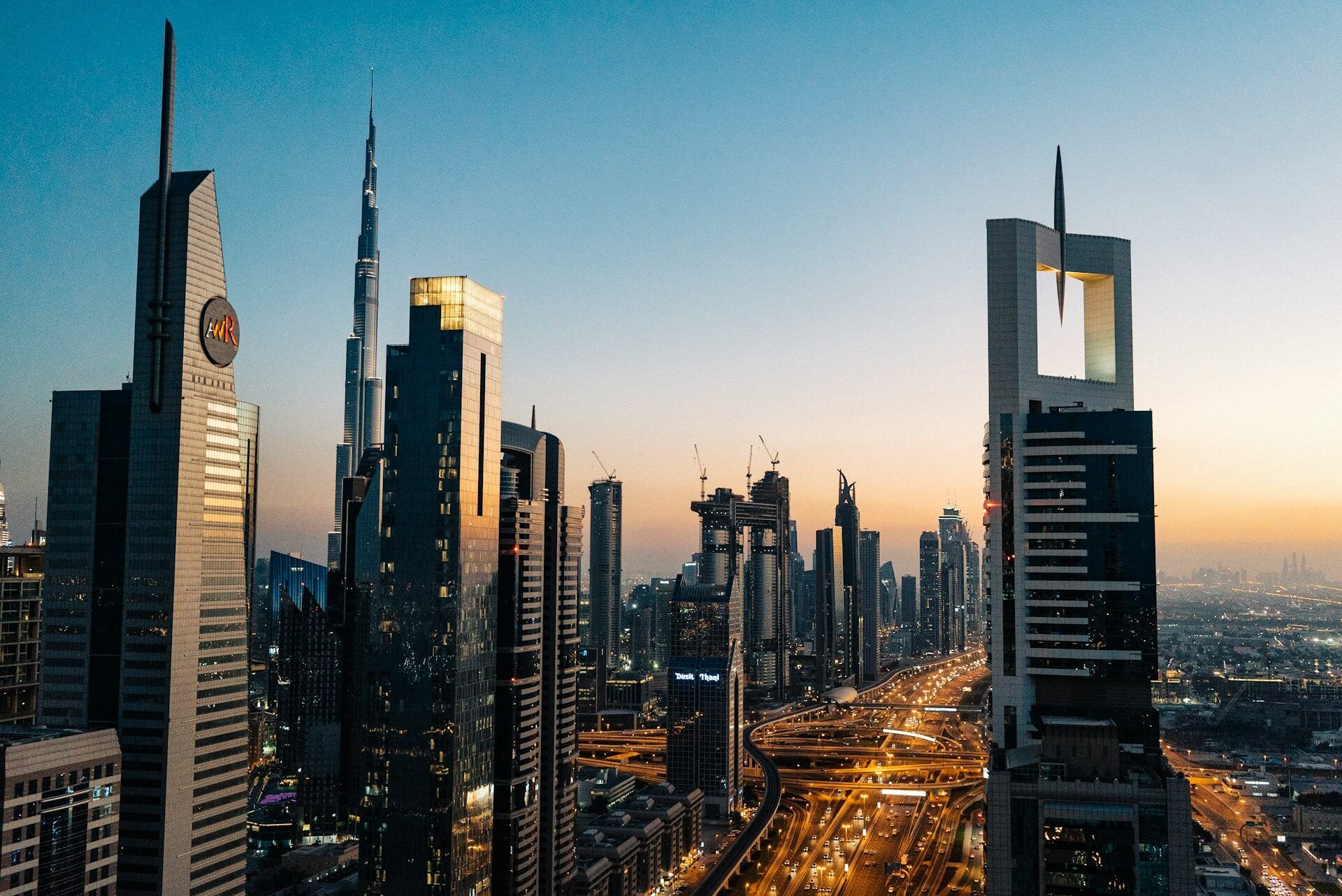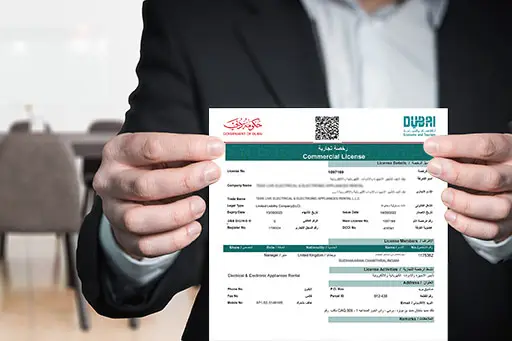Dubai remains one of the most attractive business destinations in the world. Entrepreneurs, investors, and professionals from all over continue to choose the emirate for its strategic location, tax-friendly environment, and unmatched lifestyle. In 2025, the landscape for setting up a business in Dubai continues to evolve, offering two main options for company formation: Mainland and Free Zone.
Each option comes with its own advantages, limitations, costs, and legal requirements. Choosing the right setup can significantly impact your ability to operate, expand, and achieve your business goals. In this guide, we will explore the differences between Mainland and Free Zone business setups in 2025, highlight their benefits and drawbacks, and help you make an informed decision.
Understanding Mainland and Free Zone Structures
Before comparing, it is essential to understand what these terms mean in the UAE business context.
What is a Mainland Company?
A Mainland company is registered with the Department of Economic Development (DED) of the respective emirate, allowing it to operate anywhere in the UAE and internationally. These companies can conduct business directly in the local UAE market without restrictions and can bid for government contracts.
In 2025, the UAE continues its 100% foreign ownership policy for most business activities, meaning investors no longer need a local Emirati partner for many sectors. However, some strategic sectors still require a UAE national as a shareholder.
Key characteristics of a Mainland company:
- Licensed by the DED
- Can trade anywhere in the UAE and abroad
- No limit on the number of visas, subject to office space
- Can work with government entities
What is a Free Zone Company?
A Free Zone company is registered in a designated economic area that offers tax benefits, 100% foreign ownership, and simplified business regulations. Each Free Zone is governed by its own authority and caters to specific industries such as technology, media, finance, logistics, or manufacturing.
In 2025, there are over 40 Free Zones in the UAE, with more being developed to cater to niche sectors and global markets. Free Zones are ideal for businesses that primarily trade internationally or operate online.
Key characteristics of a Free Zone company:
- Licensed by a Free Zone authority
- 100% foreign ownership
- Exempt from customs duties for imports and exports within the Free Zone
- Usually limited to operating within the Free Zone and internationally
- Can only trade with the UAE mainland through a distributor or by opening a branch in the mainland
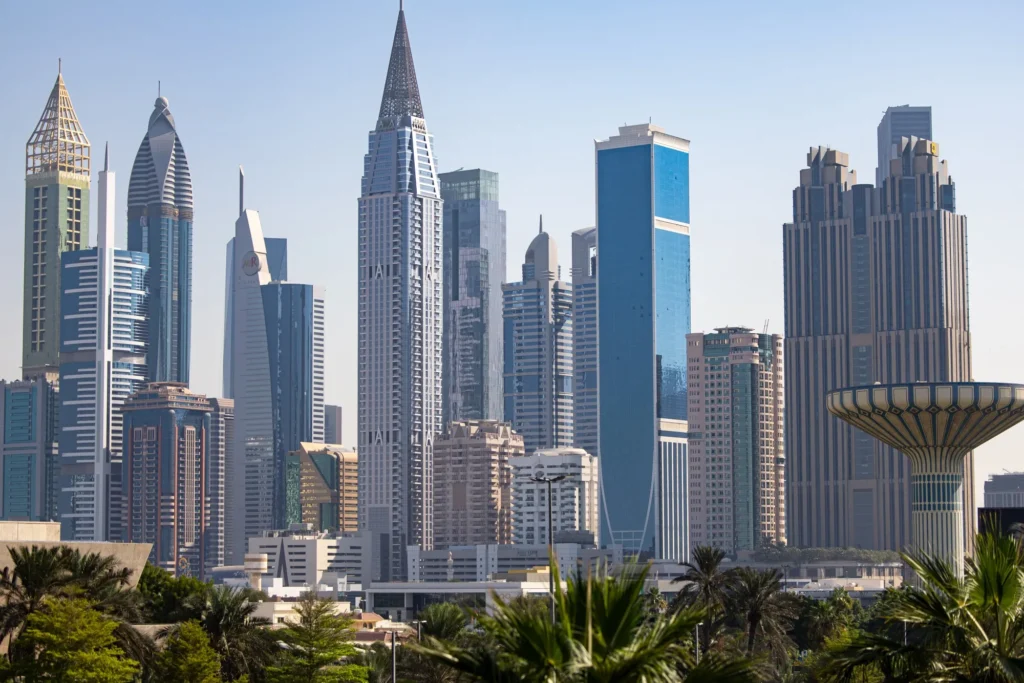
Mainland vs Free Zone in 2025: Key Differences
Here is a breakdown of the most important factors to consider:
1. Ownership Rules
Mainland:
Previously, mainland companies required a 51% shareholding by a UAE national. In 2025, most activities now allow 100% foreign ownership. However, certain strategic sectors like oil and gas, banking, and defense still require local shareholding.
Free Zone:
From the start, Free Zones have always allowed 100% foreign ownership for all sectors, making them highly attractive to foreign investors.
Verdict:
If your business activity is permitted for full ownership on the mainland, both options now offer similar ownership rights. However, Free Zones remain more straightforward for niche and service-based businesses.
2. Business Scope and Market Access
Mainland:
You can operate anywhere in the UAE, including directly with customers on the mainland and government entities. There are no geographical restrictions.
Free Zone:
Your operations are primarily within the Free Zone and internationally. To trade directly with the UAE mainland, you need to appoint a distributor or set up a mainland branch.
Verdict:
Mainland is the better choice if your target market is UAE-based consumers or you want to bid for government contracts.
3. Office Space Requirements
Mainland:
You must lease physical office space to obtain a trade license. The size of the office impacts the number of visas you can issue.
Free Zone:
Some Free Zones allow flexi-desk or virtual office options, which are more cost-effective, especially for startups and small businesses.
Verdict:
Free Zones offer more flexibility for businesses that do not require large office space, while mainland setups are suited for companies needing a physical presence.
4. Visa Eligibility
Mainland:
No fixed limit on the number of visas. Visa quota depends on the size of your office space. This makes mainland ideal for businesses planning to hire large teams.
Free Zone:
Visa quotas are often limited, especially for companies using flexi-desks. Upgrading office space can increase visa eligibility.
Verdict:
Mainland is more scalable in terms of visas for growing teams.
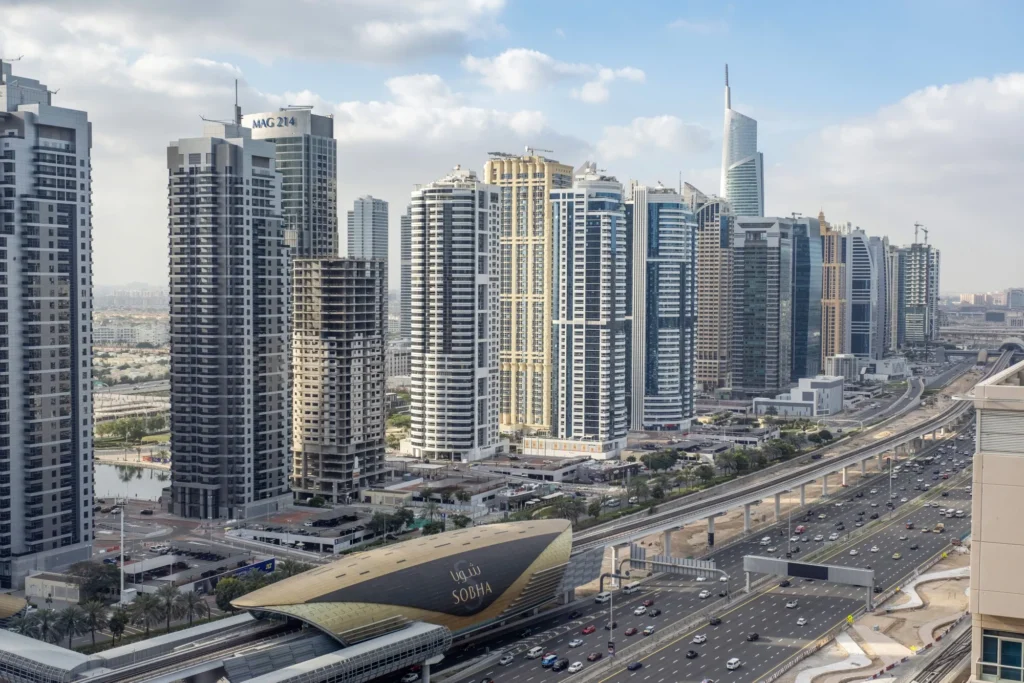
5. Taxation in 2025
The UAE introduced a 9% corporate tax on business profits exceeding AED 375,000 in 2023, and the rules remain in effect in 2025.
Mainland:
Subject to corporate tax if taxable income exceeds the threshold. VAT at 5% applies for taxable supplies.
Free Zone:
Many Free Zones still offer tax incentives, but the 9% corporate tax applies if the business generates income from mainland activities. Qualifying Free Zone Persons that meet specific conditions can still enjoy a 0% corporate tax rate for certain types of income.
Verdict:
For companies targeting international markets, Free Zones can still provide tax benefits if structured correctly.
6. Cost of Setup and Renewal
Mainland:
Costs include trade license fees, office rent, and government approvals. While initial costs may be higher than some Free Zones, the potential for larger market access can justify the expense.
Free Zone:
Generally more affordable for startups due to package deals that include licenses, visas, and office space. Renewal costs are predictable and can be lower than mainland in many cases.
Verdict:
Free Zones win in cost efficiency for small, service-based startups. Mainland may be better for established companies seeking expansion.
7. Licensing Process and Timeframe
Mainland:
Licensing involves multiple government departments and approvals, which may take more time, depending on the activity.
Free Zone:
Most Free Zones offer a streamlined process with approvals completed in a matter of days.
Verdict:
Free Zones are quicker and simpler for initial setup.
8. Industry Focus and Specialization
Mainland:
Covers all industries and allows participation in sectors not covered by Free Zones.
Free Zone:
Each Free Zone caters to specific sectors. For example, Dubai Media City targets media companies, while Dubai Internet City focuses on IT businesses.
Verdict:
Choose based on whether you need a specialized business ecosystem or a broad operational scope.
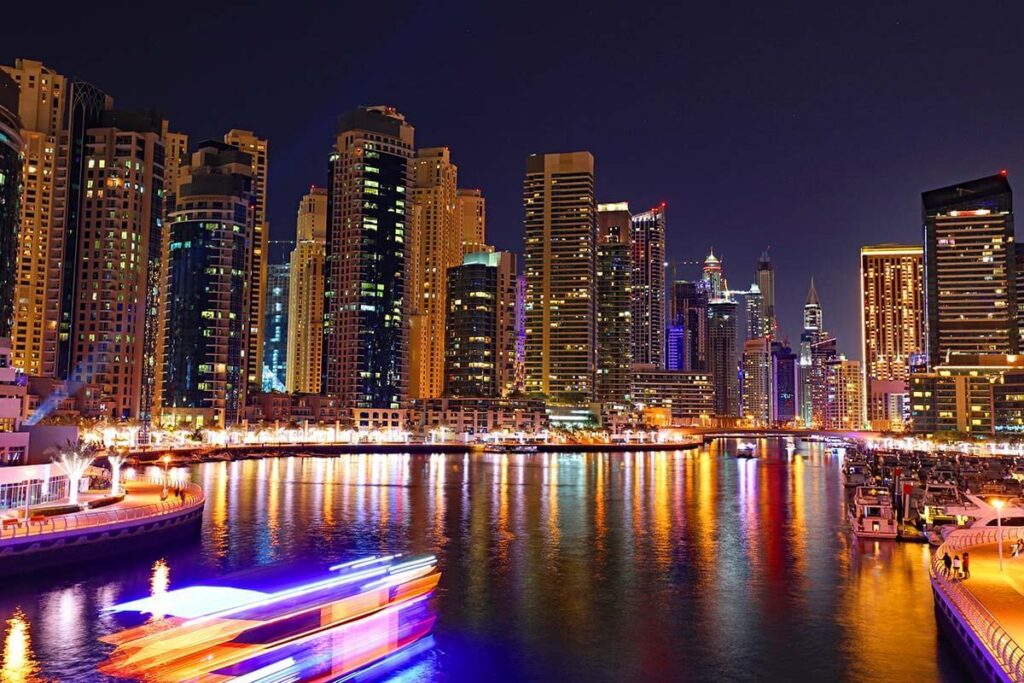
Advantages of Mainland Setup in 2025
- Ability to trade anywhere in the UAE without intermediaries
- No limit on visas, based on office size
- Eligibility for government contracts
- Freedom to open multiple branches across the UAE
- Direct access to the UAE retail and consumer market
Advantages of Free Zone Setup in 2025
- 100% foreign ownership across all activities
- Easy and quick incorporation process
- Tax benefits for qualifying Free Zone businesses
- Lower startup and operational costs for many industries
- Industry-specific communities and networking opportunities
Disadvantages to Consider
Mainland:
- Higher setup costs in many cases
- Requires physical office space from the start
- More complex licensing process in certain industries
Free Zone:
- Restricted direct trading in the mainland without a local distributor
- Visa quotas can be limited unless you upgrade your office space
- Some Free Zones have higher renewal costs than expected
How to Choose Between Mainland and Free Zone in 2025
When deciding between the two, ask yourself the following:
- Where are my customers located?
If your clients are primarily in the UAE, mainland is more practical. - Do I need a large workforce?
Mainland offers greater visa flexibility. - How important is cost control?
Free Zones can be more cost-effective for smaller teams or remote operations. - Do I operate in a niche sector?
A specialized Free Zone may offer networking and infrastructure advantages. - Am I aiming for government contracts?
Only mainland companies can bid directly for them.
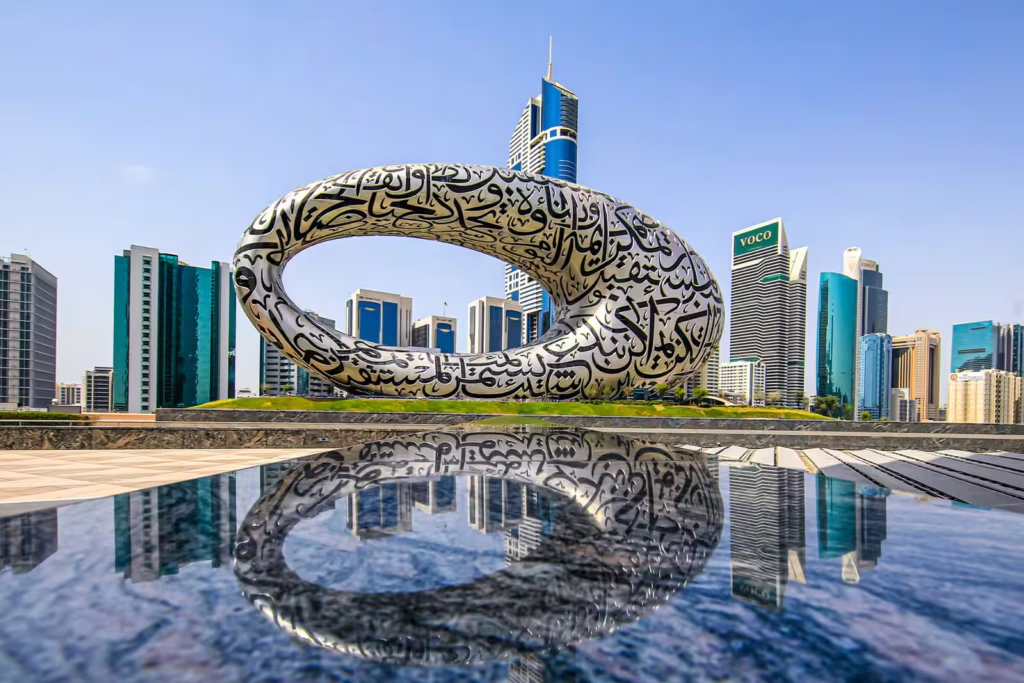
The 2025 Trends Influencing Business Setup
Dubai’s business ecosystem continues to evolve with key trends:
- Digital licensing: More Free Zones and DED services are moving online, reducing setup time.
- Sector-specific Free Zones: New Free Zones focus on emerging industries like AI, blockchain, and green energy.
- Hybrid structures: Some businesses start in Free Zones and later expand into mainland operations to tap into the local market.
- Golden Visa opportunities: Both mainland and Free Zone investors meeting certain investment criteria can qualify for the UAE’s long-term residency program.
The Bottom Line
In 2025, both mainland and Free Zone setups offer exciting opportunities for entrepreneurs. The right choice depends on your business goals, target market, and long-term growth strategy.
- Choose Mainland if you want unrestricted access to the UAE market, unlimited visas, and the ability to work with government contracts.
- Choose Free Zone if you want lower costs, quick setup, 100% foreign ownership, and industry-focused environments.
Understanding the differences and aligning them with your objectives will ensure your business not only launches successfully but thrives in Dubai’s competitive market.
